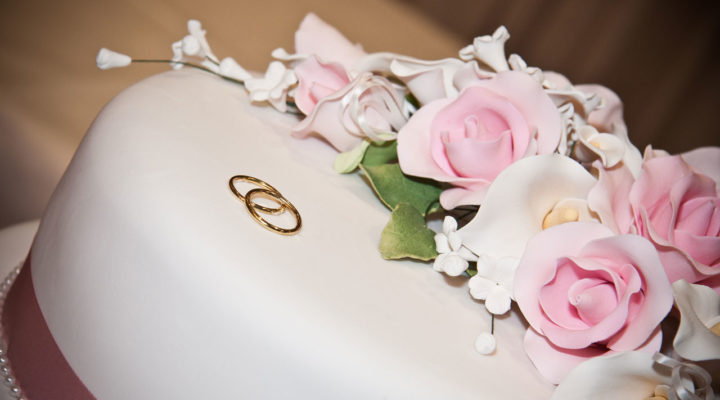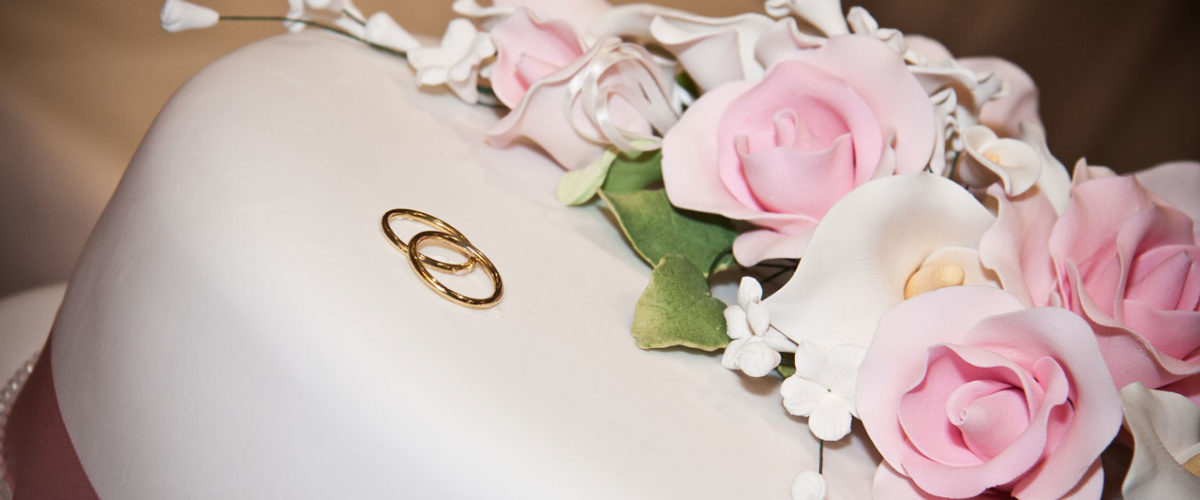Baptists were among religious leaders and groups signing on to briefs filed with the U.S. Supreme Court Oct. 30 opposing the claims of a Christian baker who for religious reasons refused to create a wedding cake for a same-sex couple.
Nearly 1,300 clergy and religious leaders — 41 of whom identify as Baptists — filed a friend-of-the-court brief in the Masterpiece Cakeshop v. Colorado Civil Rights Commission claiming a state law requiring non-discrimination in public accommodation does not infringe on the free speech or religious liberty of a business owner with sincerely held religious beliefs that marriage is a sacred bond only between individuals of the opposite sex.
Signers including leaders of the Alliance of Baptists, Association of Welcoming and Affirming Baptists and Baptist Peace Fellowship of North America argued it is “both morally wrong and not constitutionally required to permit blanket discrimination in the public marketplace for goods and services based on the personal religious beliefs of merchants with respect to same-sex couples’ rights and relationships.”
A separate brief by the Baptist Joint Committee for Religious Liberty and the United Church of Christ said while “there may be more challenging cases” where a religious exemption might be warranted in the context of same-sex marriage, “this is not such a case.”
“Public accommodations laws like Colorado’s generally promote religious liberty, by protecting individuals from discrimination on account of their religion,” said the brief also joined by the presiding bishop of the Episcopal Church, the Evangelical Lutheran Church in America and Chicago Theological Seminary.
“Such laws also promote human dignity, which is itself a religious value, by ensuring that all individuals can access the commercial marketplace on an equal basis,” the BJC brief continued. “By advancing these compelling interests, public accommodations laws like Colorado’s protect the pluralism that is so vital to American society.”
The high-profile religious liberty case set for oral arguments Dec. 5 began with a dispute in 2012, after Charlie Craig and David Mullins went to Masterpiece Cakeshop, a Denver-area bakery, to order a cake to celebrate their upcoming wedding.
Shop owner Jack Phillips, a Christian who closes his business on Sundays and refuses to design custom cakes with Halloween themes or celebrating a divorce, turned down the order, telling the couple he believed marriage should be limited to a woman and a man.
The Colorado Civil Rights Division determined that Phillips’ refusal to design and decorate the cake violated a state law requiring businesses engaged in any sales to the public to serve all customers regardless of race, creed, color or sexual orientation.
The statute stipulates that a “place of public accommodation” does not include a church or other place “principally used for religious purposes.”
The Trump administration and several Religious Right groups filed briefs on behalf of the baker claiming that such laws unconstitutionally compel cake artists like Phillips to create an expression that violates their sincerely held religious beliefs.
A brief filed Sept. 7 by the Ethics and Religious Liberty Commission of the Southern Baptist Convention argued that the free exercise of religion should be no less protected in the secular marketplace than in houses of worship, citing precedent including the owners of Hobby Lobby, Southern Baptists who won a landmark Supreme Court case in 2014 establishing that for-profit corporations, and not just individuals, are entitled to the free exercise of religion.
The Baptist Joint Committee brief countered that it is entirely appropriate not to require a minister to conduct a wedding ceremony outside of his or her faith tradition, but that is different from asking a business to decorate a cake for a party celebrating civil or “non-religious aspects” of a same-sex marriage.
BJC General Counsel Holly Hollman broke down the case in the September/October 2017 issue of Report from the Capital.
“The Colorado baker who refused to provide his custom cake artistry to a same-sex couple acted out of his sincere religious convictions about marriage and about his role in the celebrations that accompany weddings,” Hollman explained. “A couple who entered a commercial business that provides goods and services to the public was denied those services because of their legally protected LGBT status and thus were victims of unlawful discrimination under the Colorado state statute.”
“Both sides understandably feel aggrieved,” Hollman said. “This case is not a piece of cake, but the BJC believes that Colorado’s nondiscrimination in places of public accommodation law should prevail over this unlimited free exercise claim.”
The first brief mentioned in this story, announced by the Religious Institute — a nonprofit, multi-faith organization based in Connecticut — spoke of a “false dichotomy” being put forth between LGBT rights and people of faith.
“Within the diverse panorama of American religious thought, a large and growing portion of the religious community welcomes, accepts and celebrates LGBT individuals and families and rejects the idea that they should be subject to discrimination in public accommodations based on differing religious views that reject their dignity and equality,” the brief pointed out. “Any suggestion that ‘religion’ or ‘people of faith’ as a whole reject LGBT equality is false and, frankly, insulting to millions of Americans of faith.”
Baptist signers of the Religious Institute brief include Amy Butler, senior minister at Riverside Church in New York City, and Miguel De La Torre, a professor of social ethics and Latinx studies and an ordained Baptist minister in Denver, Colo. Both write columns for Baptist News Global.
The case, centering on whether cake decoration is a form of expression protected under the First Amendment, is one of dozens of similar legal battles pitting religious opinions against civil rights since the Supreme Court legalized same-sex marriage in all 50 states and the District of Columbia in 2015.



